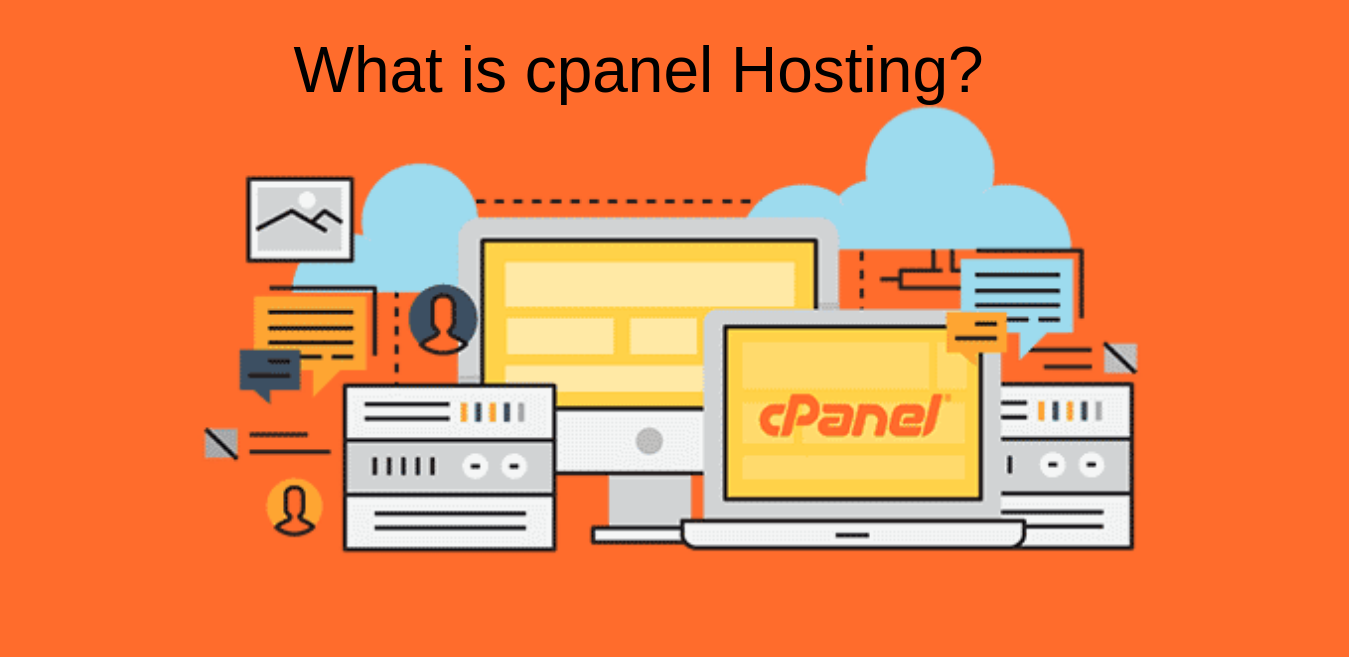Linux Hosting: The Ultimate Guide to Secure and Scalable Web Hosting
Introduction to Linux Hosting
In the world of web hosting, Linux hosting has become the preferred choice for businesses, developers, and bloggers due to its reliability, security, and cost-effectiveness. Unlike Windows hosting, Linux server hosting operates on an open-source operating system, making it highly customizable and adaptable to various web applications. Whether you need shared Linux hosting, VPS Linux hosting, or dedicated Linux hosting, this guide will help you understand the benefits and features of Linux-powered web hosting.
Why Choose Linux Hosting?
1. Open-Source and Cost-Effective
One of the primary reasons why Linux web hosting services are popular is that Linux is an open-source operating system. This means no licensing fees, making it more affordable than Windows hosting solutions. Many cheap Linux hosting providers offer powerful hosting plans with great flexibility at a fraction of the cost.
2. High Security and Stability
Security is a top priority for website owners, and secure Linux hosting provides robust protection against cyber threats. The Linux operating system is known for its strong security features, such as file permissions, user authentication, and built-in firewalls.
3. Flexibility and Customization
Linux hosting supports various scripting languages such as PHP, Python, Perl, and Ruby, making it an ideal choice for developers. With custom Linux hosting, users can tailor their servers based on specific business requirements.
4. Compatibility with Popular Applications
Many popular web applications, including WordPress, Joomla, Drupal, and Magento, run smoothly on Linux cPanel hosting. The compatibility with MySQL databases ensures seamless website operations, making Linux WordPress hosting one of the most preferred solutions for bloggers and businesses.
Types of Linux Hosting
1. Shared Linux Hosting
Shared hosting on Linux is a cost-effective option where multiple websites share resources on a single server. This is perfect for small websites, personal blogs, and startups.
2. VPS Linux Hosting
Virtual Private Server (VPS) Linux hosting provides dedicated resources while still sharing a physical server. It offers better performance and security than shared hosting, making it ideal for growing businesses.
3. Dedicated Linux Hosting
With dedicated Linux hosting, users get a full server exclusively for their website. This ensures high performance, enhanced security, and full control over server configurations.
4. Cloud Linux Hosting
Cloud Linux hosting uses cloud-based servers, offering scalability and reliability. This is an excellent choice for businesses that experience fluctuating website traffic.
Key Features of Linux Hosting
1. cPanel for Easy Management
Linux cPanel hosting provides an intuitive control panel that makes managing your website easy. With cPanel, users can handle domain management, email configuration, file management, and security settings efficiently.
2. SSH Access for Advanced Users
Developers prefer Linux hosting with SSH access as it allows secure remote server management. This feature is particularly useful for automating tasks and managing files efficiently.
3. High Uptime and Performance
Most Linux web hosting providers offer 99.9% uptime guarantees, ensuring websites remain online without interruptions.
4. Free SSL Certificates
Security is critical, and most Linux hosting plans include free SSL certificates, ensuring that website data is encrypted and secure.
5. Support for Multiple Programming Languages
From PHP and Python to Node.js and Ruby on Rails, Linux hosting supports a wide range of programming languages, making it a versatile option for developers.
Best Linux Hosting Providers
Finding the best Linux hosting company can be challenging, but here are some top-rated Linux hosting providers that offer excellent services:
- Bluehost – Best for beginners and small businesses.
- SiteGround – Excellent customer support and performance.
- A2 Hosting – Known for high-speed Linux hosting.
- Hostinger – Offers affordable and feature-rich Linux hosting.
- InMotion Hosting – Best for developers and businesses needing advanced configurations.
How to Choose the Right Linux Hosting Plan?
When selecting a Linux hosting plan, consider the following factors:
- Storage & Bandwidth – Ensure your hosting plan offers sufficient storage and bandwidth for your website traffic.
- Server Performance – Choose a hosting provider that guarantees high uptime and fast loading speeds.
- Scalability – If your business is growing, opt for scalable Linux hosting that can handle increased traffic.
- Customer Support – Reliable 24/7 support is crucial for handling technical issues.
How to Set Up a Website on Linux Hosting?
- Register a Domain Name – Choose and register a domain name through a Linux hosting provider or a domain registrar.
- Choose a Linux Hosting Plan – Select a plan that suits your website’s needs.
- Install WordPress or Other CMS – Use cPanel to install WordPress, Joomla, or Magento for easy website management.
- Upload Website Files – Use FTP clients like FileZilla to upload files to the server.
- Configure Security Settings – Enable SSL, firewalls, and backups to secure your website.
Common FAQs About Linux Hosting
1. Is Linux Hosting Good for Beginners?
Yes, Linux hosting for beginners is easy to use, especially with cPanel and one-click installations for CMS platforms like WordPress.
2. Can I Run a WordPress Website on Linux Hosting?
Absolutely! WordPress Linux hosting is one of the best options for bloggers and businesses due to its compatibility with PHP and MySQL.
3. What Is the Difference Between Linux and Windows Hosting?
- Linux Hosting supports PHP, MySQL, and Apache.
- Windows Hosting supports ASP.NET, MSSQL, and Windows-based applications.
4. What Are the Best Security Practices for Linux Hosting?
- Use strong passwords and enable two-factor authentication.
- Regularly update software and plugins.
- Use firewalls and security plugins to protect against threats.
Conclusion
Linux hosting is a reliable, secure, and cost-effective solution for websites of all sizes. Whether you need shared Linux hosting, VPS hosting on Linux, or dedicated Linux hosting, there are plenty of options available to suit your needs. With its strong security, high compatibility, and scalability, Linux hosting remains a top choice for web developers and business owners.
By choosing the right Linux web hosting provider, setting up your website correctly, and following best security practices, you can enjoy a seamless and high-performing web experience.
- Best Linux hosting providers for small businesses
- Secure Linux hosting with free SSL certificate
- Cheap Linux hosting with cPanel and SSH access
- How to choose the right Linux hosting plan
- Best Linux hosting for WordPress websites
- VPS Linux hosting vs shared Linux hosting
- Scalable Linux hosting for high-traffic websites
- Linux hosting for eCommerce stores
- Managed Linux hosting with 24/7 support
- Linux hosting for developers with Python and Node.js support













